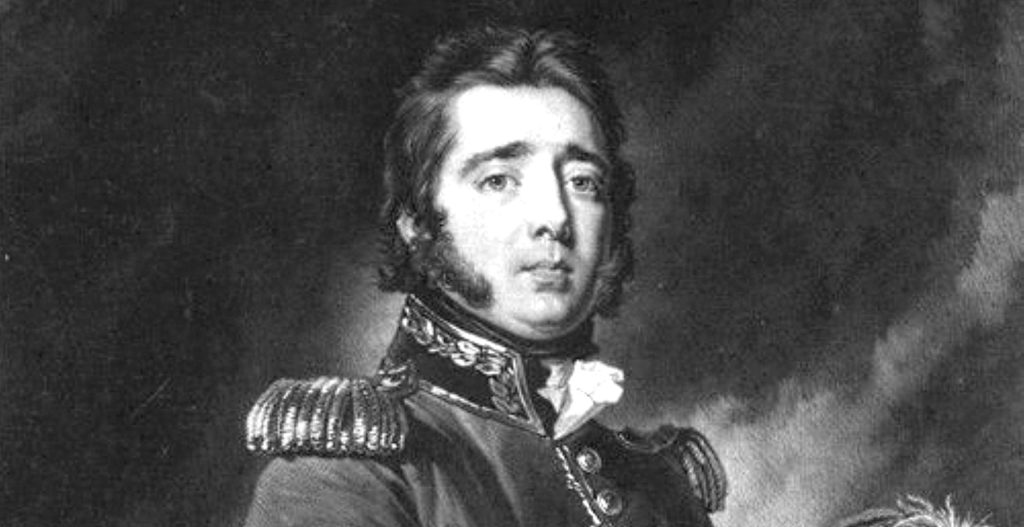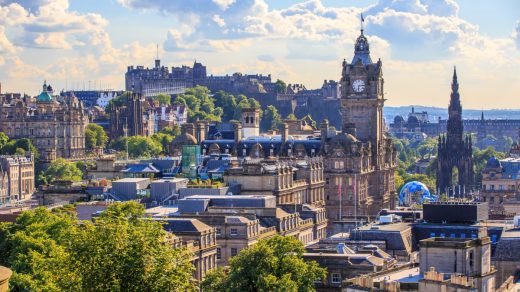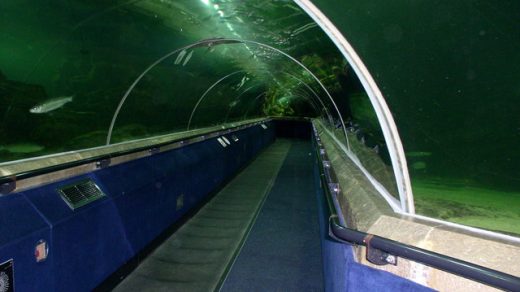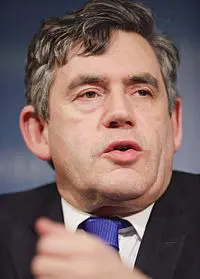General “Sir” Gregor MacGregor, Prince of the Principality of Poyais, lived from 24 December 1786 to 3 December 1845. He was a conman who persuaded many British and, later, French to invest in, and in many cases emigrate to, a non-existent colony called Poyais on the Bay of Honduras in Central America. The wider picture in Scotland at the time is set out in our Historical Timeline.
Gregor MacGregor was born in Edinburgh, the son of Captain Daniel MacGregor and Ann Austin. He joined the Royal Navy in 1803 and then, apparently, served in both the Spanish and Portuguese armies. He was next heard of as a Colonel serving in the army of the Captaincy General of Venezuela in 1811, fighting for independence from Spain. In 1817, MacGregor, by now apparently a General, led a small force that captured San Fernandina on Amelia Island, Florida from the Spanish.
MacGregor and his Spanish-American wife Josefa arrived in London in 1820, claiming to be the Cazique, or Prince, of the Principality of Poyais, an independent nation on the Bay of Honduras occupying 12,500 square miles given to him by the local native chief. He had established the infrastructure, but his new nation needed settlers and investment and he wanted to give residents of London, Glasgow and Edinburgh a first chance to benefit from the opportunity. MacGregor began selling shares in his new country, and in October 1822 raised a loan of £200,000. In the same year he published a 350 page guidebook to Poyais, claiming it to be an ideal place to settle, very pro-British and, amazingly, free of tropical diseases.

Meanwhile he had appointed a Legate of Poyais, who recruited 70 colonists to sail from London on 10 September 1822 aboard the Honduras Packet, including doctors, lawyers and a banker. Before sailing many changed their Sterling into “Poyais Dollars” printed by MacGregor. On 22 January 1823 the Kennersley Castle, sailed from Leith bound for Poyais with 200 more settlers. When the Kennersley Castle arrived in the Bay of Honduras on 20 March they found nothing but virgin jungle, some natives, and some of the settlers landed by the Honduras Packet.
The settlers tried to establish themselves, but were already in a poor state when a ship from British Honduras found them the following month. The survivors were evacuated to British Honduras, some settling there or elsewhere in the Americas. The other 50 returned to London in October 1823, and within a day the newspapers were full of the story of Poyais. In the aftermath, Gregor MacGregor disappeared.
He had not gone far. During 1824 he established the “Compagnie de la Nouvelle Neustrie” to promote the colonisation of Poyais in France. In effect, he ran a repeat of the scam he had already run on the other side of the Channel. In August 1825 he raised a £300,000 loan, and sold shares in the new colony to enthusiastic French investors and would-be colonists. The French authorities took an interest when they realised that a ship full of its citizens was about to set sail for a non-existent country, and seized the ship. The scheme collapsed and many of those involved were arrested including, briefly, MacGregor.
MacGregor returned to London in 1826 and went on to try to raise an £800,000 loan for Poyais. But by now potential investors were wary and, besides, other conmen had moved in on his non-existent country: MacGregor found himself in competition with others trying to sell Poyais by the acre. He was still trying to sell Poyais land certificates in Edinburgh as late as 1837. He apparently gave up not long afterwards, returning to Venezuela in 1839. Here he was awarded the pension of an army general for his service during the war for independence. He died in December 1845.



